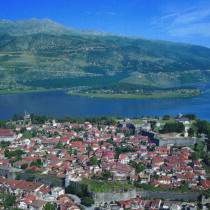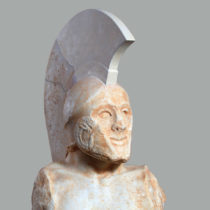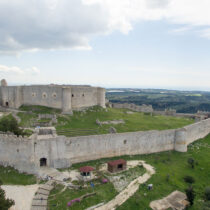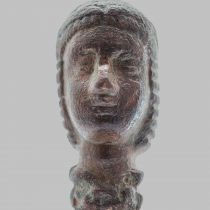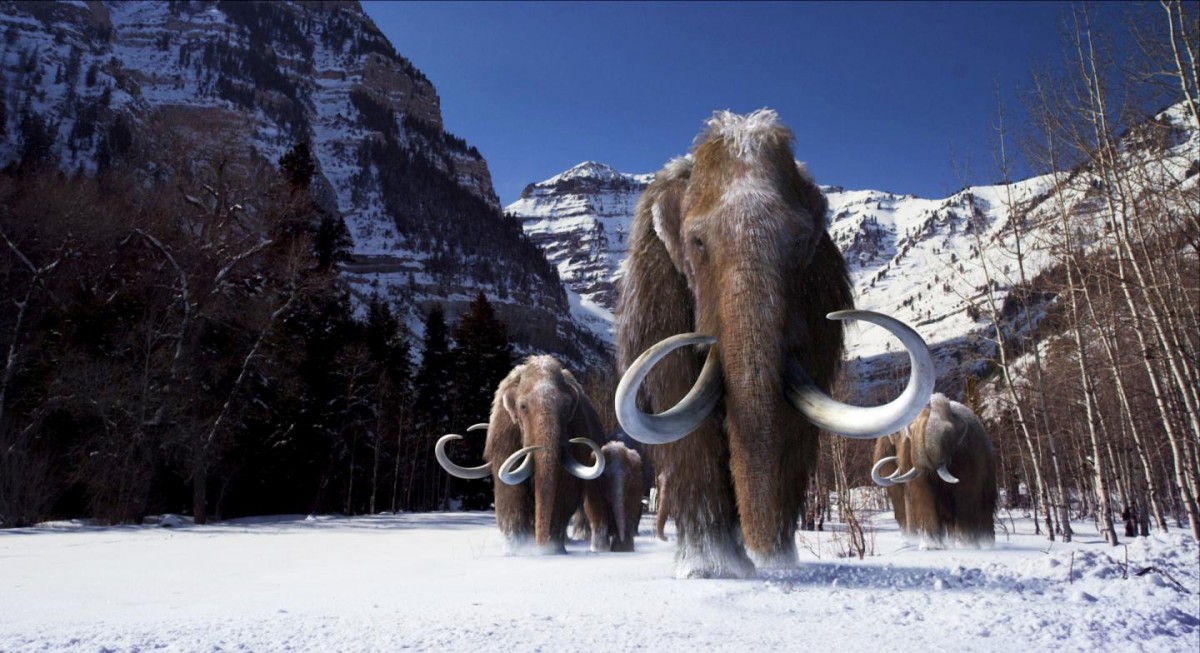Roman frescoes discovered in South France
Archaeologists in Arles, France, have discovered an almost full 2,000-year-old Roman fresco, the only one not found only in fragments outside Italy so far.
Summer School at Herculaneum
The Herculaneum Society is pleased to announce two outstanding summer schools.
10th International Meeting of Archaeological Film
AGON is proud to announce the Call for Entries of the 10th International Meeting of Archaeological Film of the Mediterranean Area… and beyond.
A music lyre from Ambracia
A music lyre was chosen by the Ephorate of Antiquities of Arta and the Archaeological Museum of Arta as the exhibit of this month.
The origins of our unity and diversity
Early modern human cultural interactions investigated through Middle Stone Age tool technologies.
Museums and Museology in modern society. New challenges, new relationships (Part 13)
The 13th article in the special issue on museology aims to present new practices that try to strengthen relations between the museum and the nursery school.
Volcanic rocks resembling Roman concrete explain record uplift in Italian caldera
The discovery of a fiber-reinforced, concrete-like rock formed in the depths of a dormant supervolcano could help explain the unusual ground swelling that led to the evacuation of an Italian port city.
Roman couples and power relationships
The conjugal couple as a central element in Roman society is the topic of this panel of the Swiss Congress of Historical Sciences 2016.
Parthenon, Fort Knox of ancient Athens?
The Parthenon’s attic may have been the storage place for ancient Athens’ vast cash reserves.
Four new tombs discovered in Egypt
Archaeologists at Tell el-Farkha site, Dakahleyya Governorate, have discovered four new tombs, Minister of Antiquities, Dr Mamdouh Eldamaty announced on Wednesday.
Volcanic eruptions that changed human history
Researchers find new evidence that large eruptions were responsible for cold temperature extremes recorded since early Roman times.
Training Courses, Learning Exchanges and Webinars
NEMO announced the second round of capacity building activities for its members and museum professionals.
Scientist Position in Archaeological Science
The Department of Human Evolution of the Max Planck Institute for Evolutionary Anthropology, Leipzig (Germany), invites applications for a research position in isotopic studies.
New horned dinosaur reveals evolution of nose horn in Triceratops family
Scientists have discovered a striking new species of horned dinosaur (ceratopsian) based on fossils collected from a bone bed in southern Alberta, Canada.
Old world monkey had a tiny but complex brain
Victoriapithecus had a small brain relative to its body size with an olfactory bulb about three times as large as that in present-day monkeys.
The sense of smell in early humans
The sense of smell plays a decisive role in human societies, as it is linked to our taste for food, as well as our identification of pleasant and unpleasant substances.
Neolithic burials in Egypt
Traces of intentional injury in the form of cuts on the femur have been discovered on the remains of one of the dead found during this year's excavations carried out in the Western Desert in Egypt.
Mass extinction event from South Africa’s Karoo
New date of rocks links land and sea fossil records in one extinction event.
Medieval mummy to be revealed in Siberia
A new find at Zeleny Yar necropolis, near Salekhard, of human remains wrapped in birchbark is expected to reveal a mummified human, related to a mysterious medieval civilization, showing links to Persia.
International Congress of Greek Philosophy
The Sociedade Ibérica de Filosofia Grega (SIFG) brings forth the III International Congress of Greek Philosophy in the 20th, 21st and 22nd April 2016, in the Faculty of Letters of the University of Lisbon.
Window on a lost world
A reminder for a dinner invitation and a touching letter from a young man to his mother offer a rare glimpse of daily life in ancient Egypt.
Lecturer in Classics and Ancient History
The University of Exeter / Department of Classics and Ancient History offers a full-time lecturer position in Classics and Ancient History.
How the mammoth got its wool
Evolutionary change in a gene resurrected in the lab from the extinct woolly mammoth altered the gene's temperature sensitivity and likely was part of a suite of adaptations that allowed the mammoth to survive in harsh arctic environments, according to new research.
A Rothschild Renaissance
The Waddesdon Bequest gallery is unique in showing an entire surviving 19th Century collection of exceptional quality and rarity.

